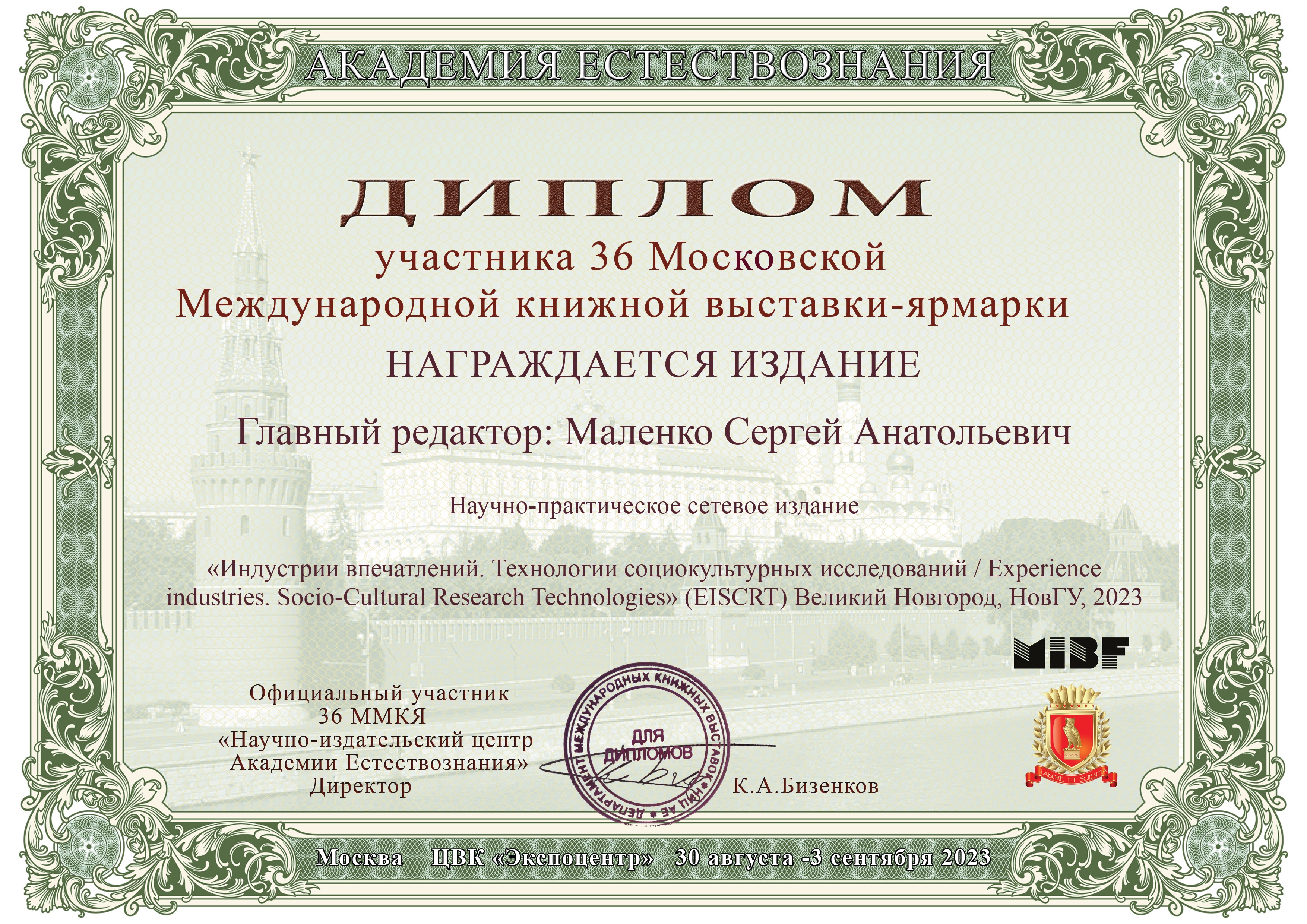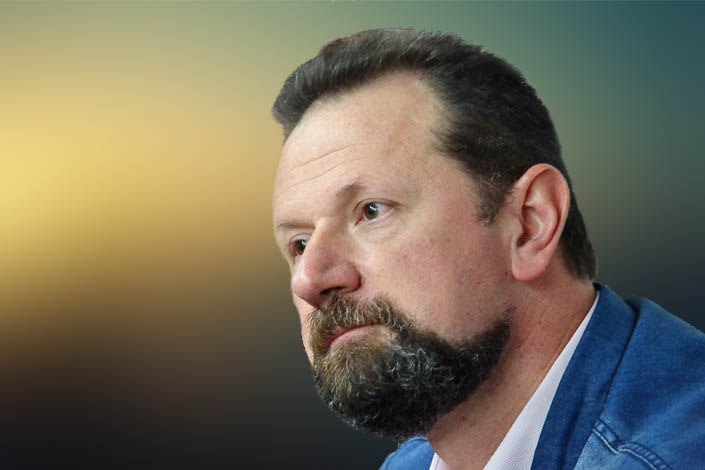PHILOSOPHY AND ART: TARKOVSKY AS THE FOUNDER OF A NEW DISCURSIVITY
DOI:
https://doi.org/10.34680/EISCRT-2023-4(5)-49-86Keywords:
Tarkovsky, metafilm, discursivity, transcendental style, existentialism, philosophy, time, theurgic philosophy, poetic cinema, hesychasmAbstract
The article offered to the reader returns to the debate about the work of film director A. A. Tarkovsky, whose work in Russian cinema turns out to be a special case. Of course, at one time, after the release of his first film, "Ivan’s Childhood", the director was identified with the help of a new poetics that arose in cinema, and this poetics was designated as “poetic cinema”. It became an expression of the so-called “new wave” in Soviet cinema, and in general of what began to be called “auteur” cinema. However, the director’s belonging to this new style does not exhaust the meaning of the director’s creative individuality. He continued to remain misunderstood for a long time. Based on research by domestic film scholars and the director’s diaries, the author of the article concludes that the difficulties in the reception of his films are explained by what could be called Tarkovsky’s individual discourse. There are directors who stage films and there are directors who, by creating films, also bring to life a new language of cinema. Tarkovsky belongs to the type of directors who create not only films, but also update the language. In accordance with the principles of modern aesthetics, the creativity of language can be called discursiveness. In Tarkovsky, this discursiveness relates to the fact that he is not only an artist, but also a philosopher. His philosophy is expounded in his films, just as, for example, Dostoevsky's philosophy is expounded in his novels. Philosophy is the defining component of Tarkovsky’s discourse. This vision of the director’s creative individuality allows answering the question about the reasons for the difficulty in the reception of his films. Tarkovsky’s philosophy is evidenced by the consonance of his ideas not only with the philosophy of existentialism, but first with Russian religious philosophy, which is usually called theurgic philosophy. Tarkovsky as an artist-theurgist is a follower of Russian theurgic philosophy. This philosophy is characterized by the desire to experience the transcendental, i.e., something that not only has not yet been known, but cannot be known at all. As is known, the pathos of this philosophy contradicted the utopian idea of socialism and the implementation of this idea in the Soviet Union. Therefore, it was not promoted in Russia and, naturally, was not studied. The lack of familiarity with this philosophy of Russian society led to the fact that the viewer, coming to the cinema to watch Tarkovsky’s films, did not have a key to them. They were incomprehensible to him. The rehabilitation of this philosophy at the end of the twentieth century resolved the difficulties associated with the reception of Tarkovsky’s films.
For citation:
Hrenov, N. A. (2023). Philosophy and art: Tarkovsky as the founder of a new discursivity. Experience industries. Socio-Cultural Research Technologies (EISCRT), 4 (5), 49-86. (In Russ). https://doi.org/10.34680/EISCRT-2023-4(5)-49-86








